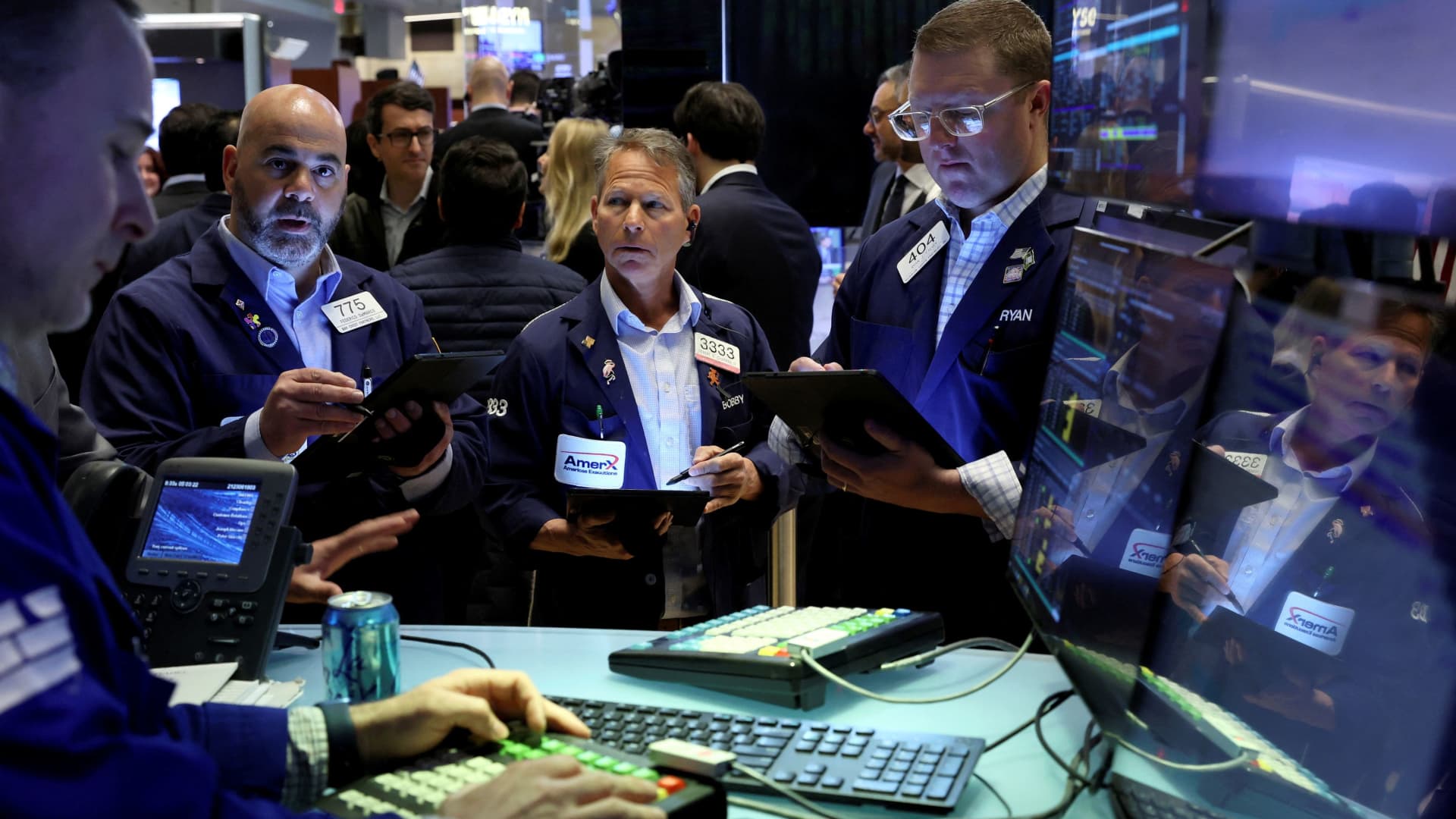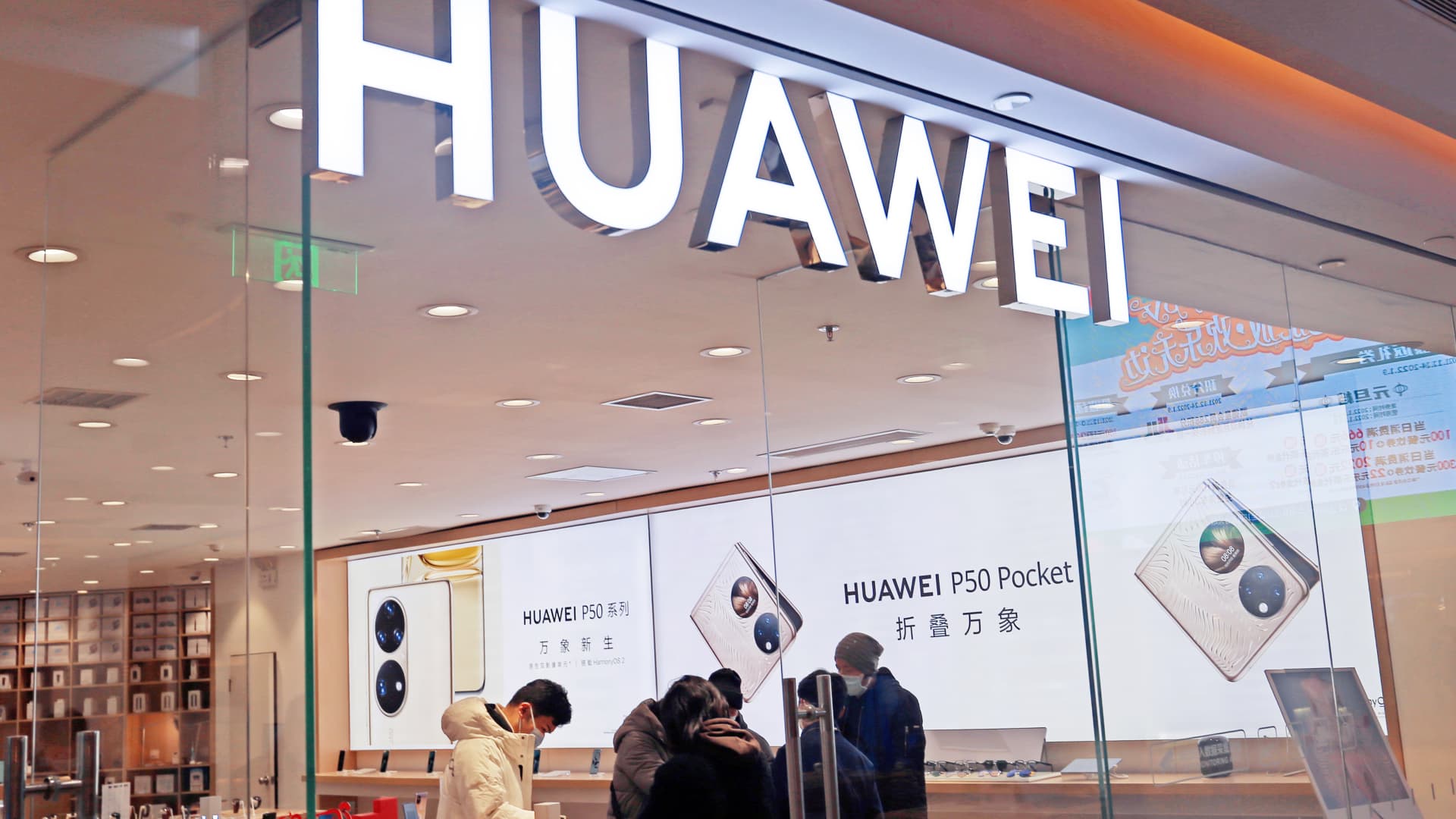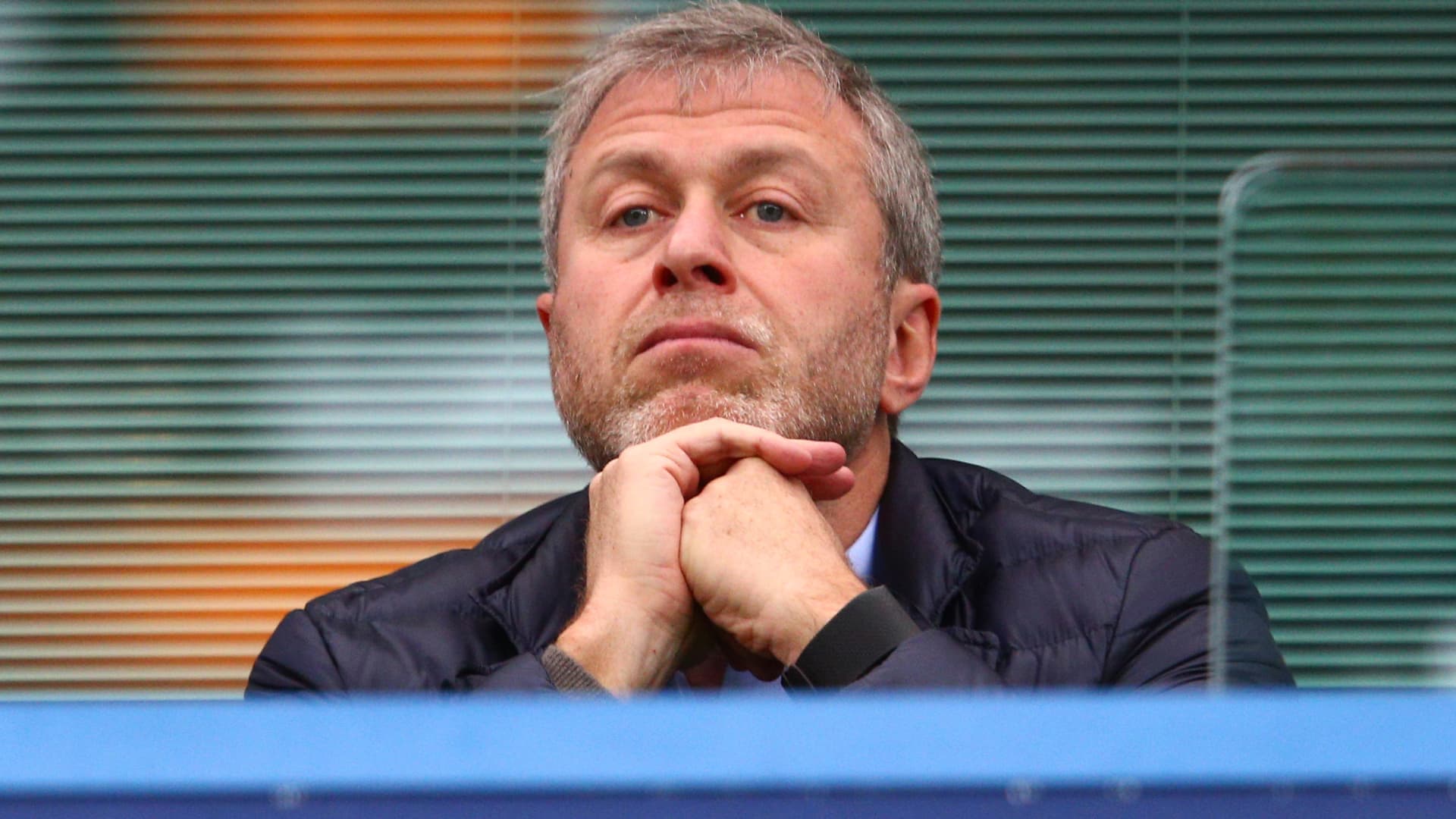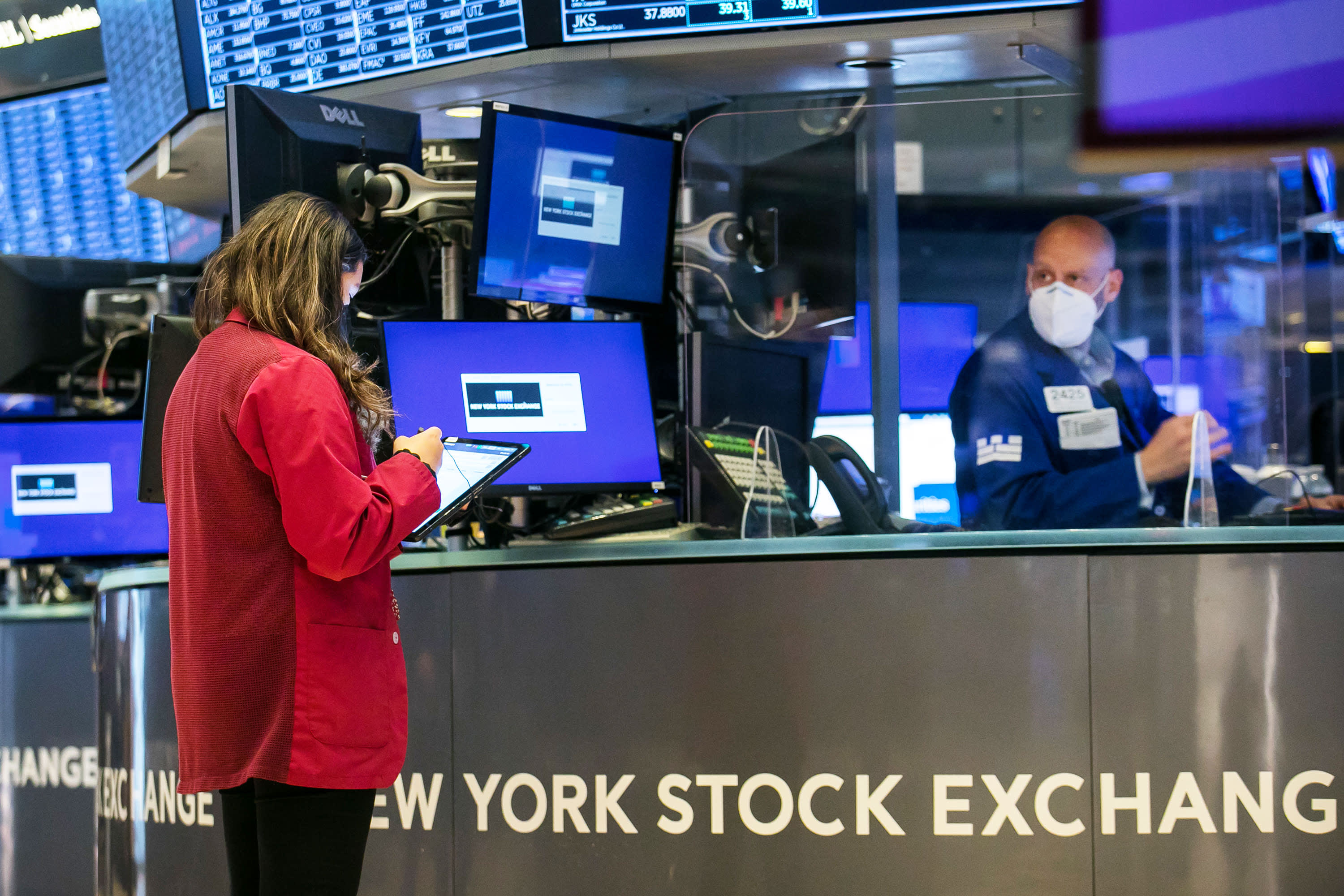Stocks extend losses, with Dow dropping 800 points, as post-Fed rally evaporates
Stocks reversed some of Wednesday's rally.

Stocks fell sharply on Thursday, giving back most of the gains seen in the previous session after the Federal Reserve raised rates by half a point.
The Dow Jones Industrial Average lost 890 points, or 2.6%. The S&P 500 and Nasdaq Composite fell 3.1% and 4.2%, respectively.
The moves come after a major rally for stocks on Wednesday. The Dow surged 932 points, or 2.81%, and the S&P 500 gained 2.99% for their biggest gains since 2020. The Nasdaq Composite jumped 3.19%.
The Fed increased its benchmark interest rate by 50 basis points, as expected, and said it would begin reducing its balance sheet in June. However, Fed Chair Jerome Powell said during his news conference that the central bank is "not actively considering" a larger 75 basis point rate hike, which appeared to spark a rally.
Still, the Fed remains open to the prospect of taking rates above neutral to rein in inflation, Zachary Hill, head of portfolio strategy at Horizon Investments, noted.
"Despite the tightening that we have seen in financial conditions over the last few months, it is clear that the Fed would like to see them tighten further," he said. "Higher equity valuations are incompatible with that desire, so unless supply chains heal rapidly or workers flood back into the labor force, any equity rallies are likely on borrowed time as Fed messaging becomes more hawkish once again."
Large tech stocks were under pressure, with Facebook-parent Meta Platforms and Amazon falling 5.8% and 7.1%, respectively. Microsoft dropped 4.7%. Salesforce tumbled 6.3%.
E-commerce stocks were a key source of weakness on Thursday following some disappointing quarterly reports.
Etsy and eBay dropped 15% and 8%, respectively, after issuing weaker-than-expected revenue guidance. Shopify fell more than 17% after missing estimates on the top and bottom lines.
The Treasury market also saw a dramatic reversal of Wednesday's rally. The 10-year Treasury yield, which moves opposite of price, surged back above 3% on Thursday morning and hit its highest level since 2018. Rising rates can put pressure on growth-oriented tech stocks, as they make far-off earnings less attractive to investors.
Carlyle Group co-founder David Rubenstein said investors need to get "back to reality" about the headwinds for markets and the economy, including the war in Russia and high inflation.
"We're also looking at 50-basis-point increases the next two FOMC meetings. So we are going to be tightening a bit. I don't think that is going to be tightening so much so that we're going slow down the economy. ... but we still have to recognize that we have some real economic challenges in the United States," Rubenstein said Thursday on CNBC's "Squawk Box."
Some Wall Street strategists had suggested markets could see a relief rally after the rate increase. After Powell's comments, investors seemed at ease about the central bank's ability to slow inflation without triggering a recession. The S&P 500 and Nasdaq Composite touched their lowest levels of the year earlier this week after a rough April for stocks, possibly making some areas of the market oversold and primed for a short-term bounce.
Stock picks and investing trends from CNBC Pro:
In economic data, weekly jobless claims came in slightly higher than expected and labor productivity dropped 7.5% in the first quarter for its fastest decline since 1947.

 AbJimroe
AbJimroe 
































